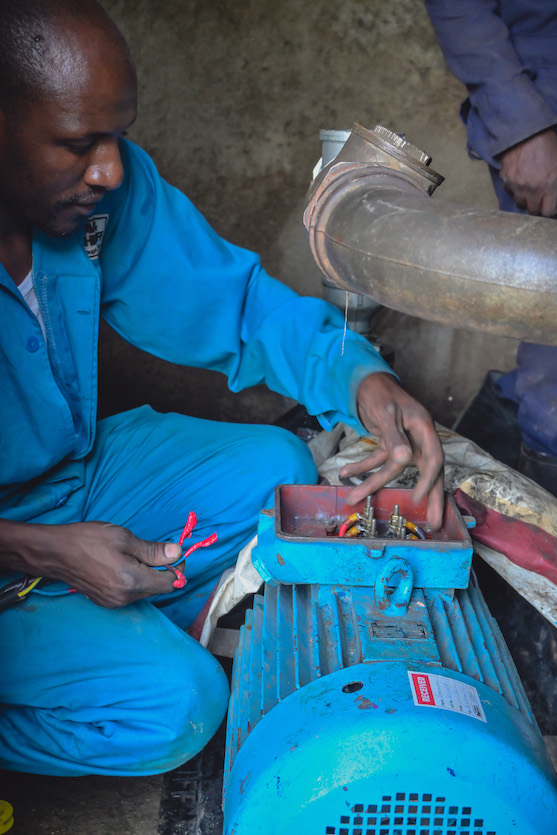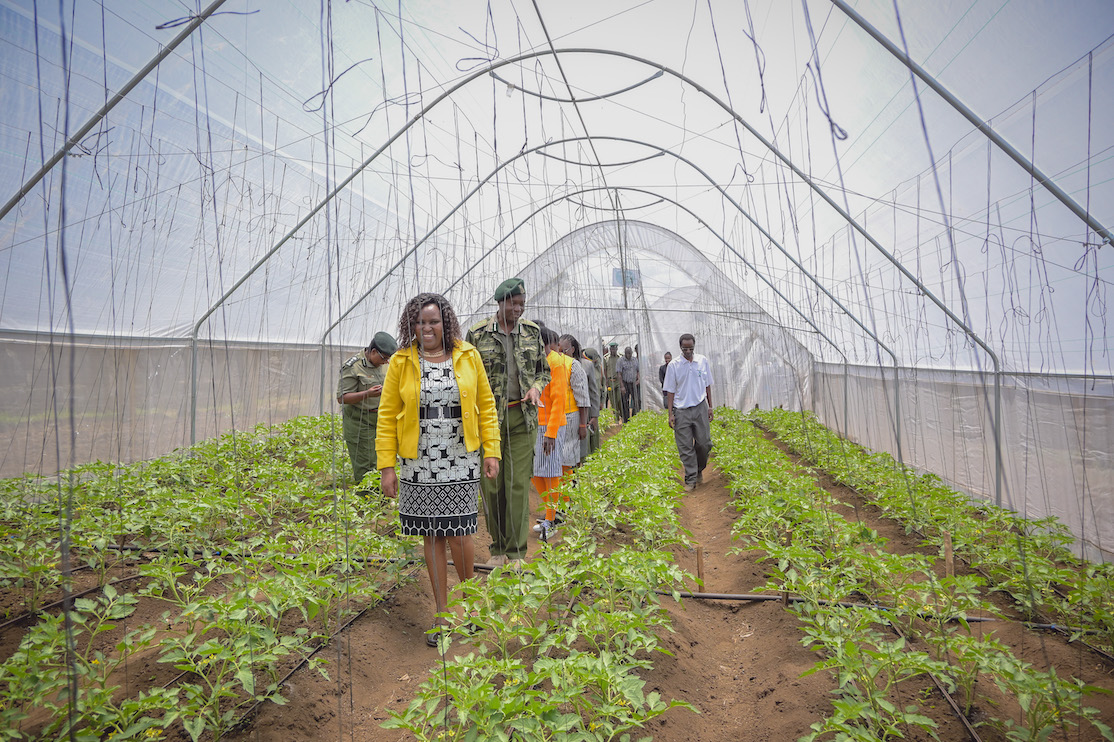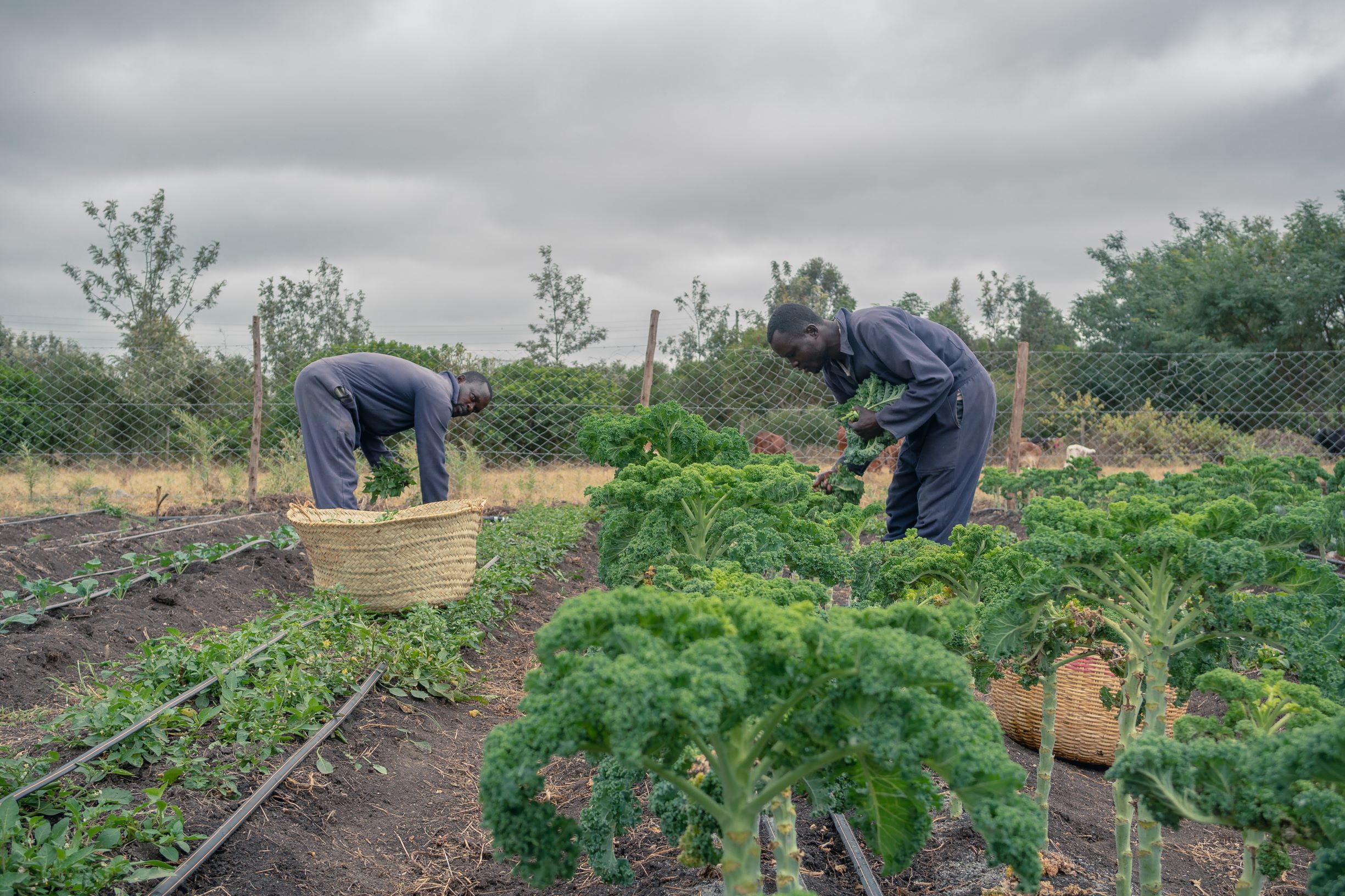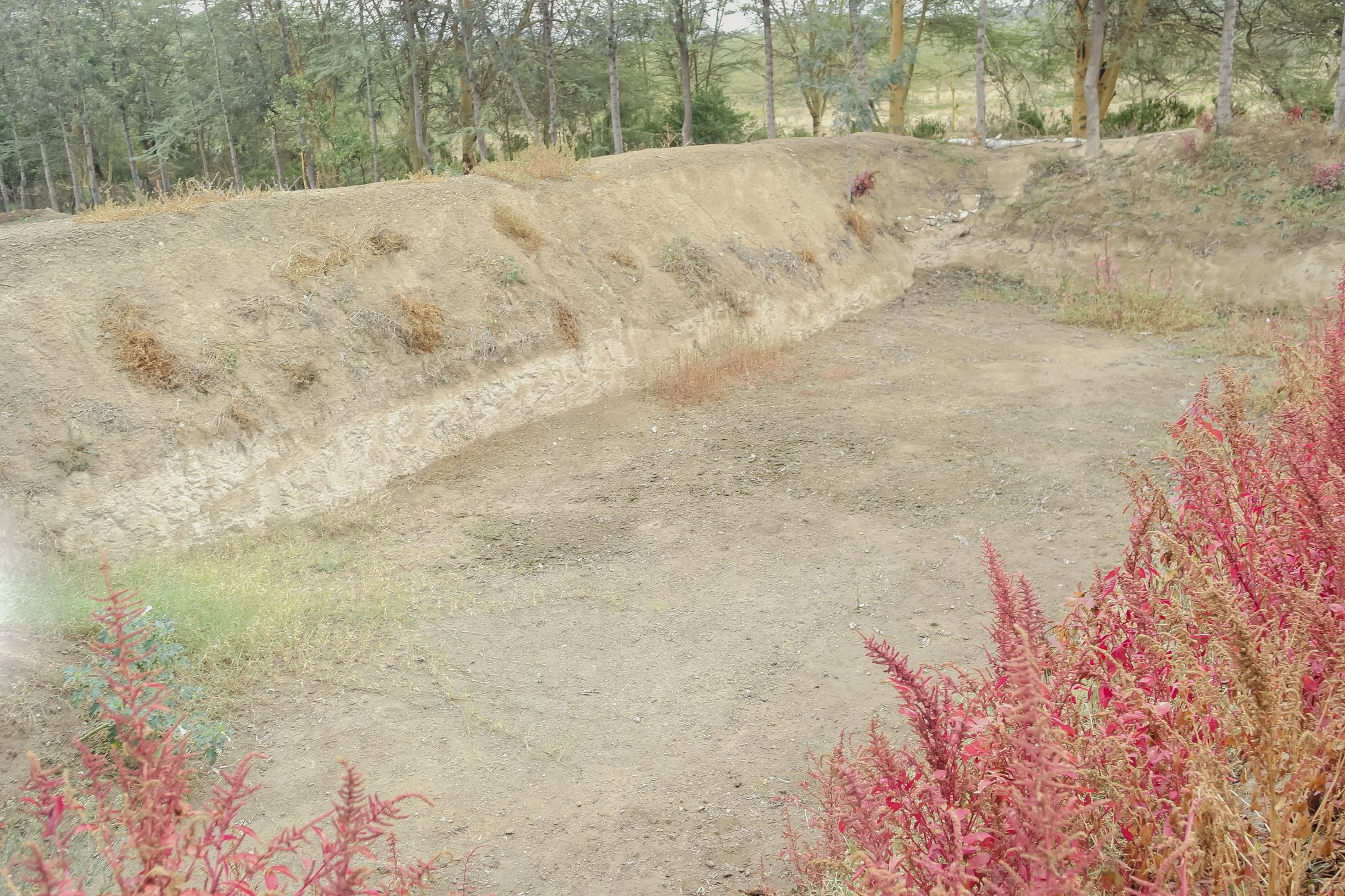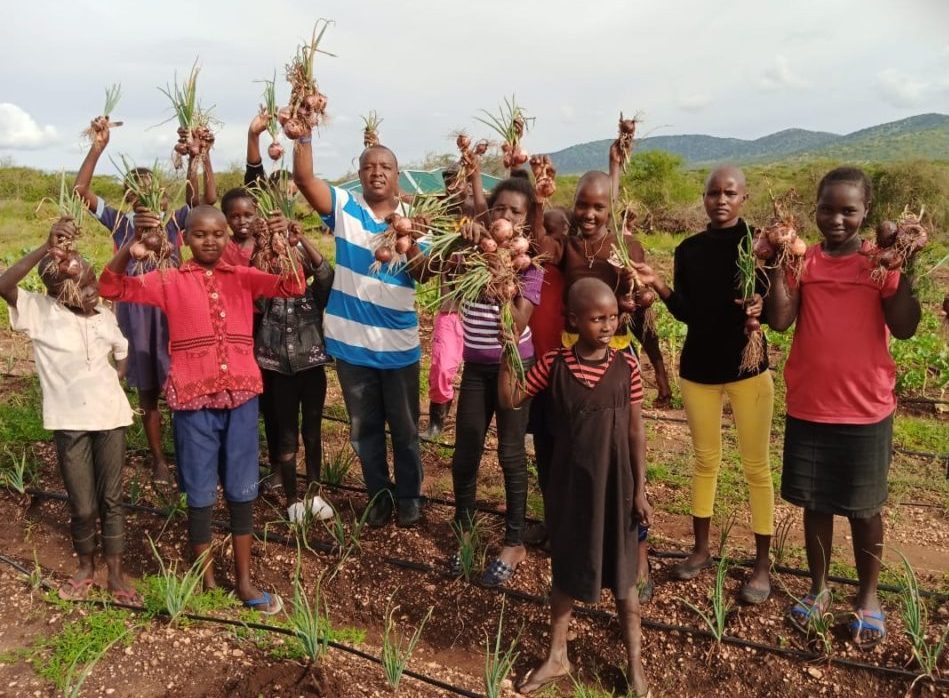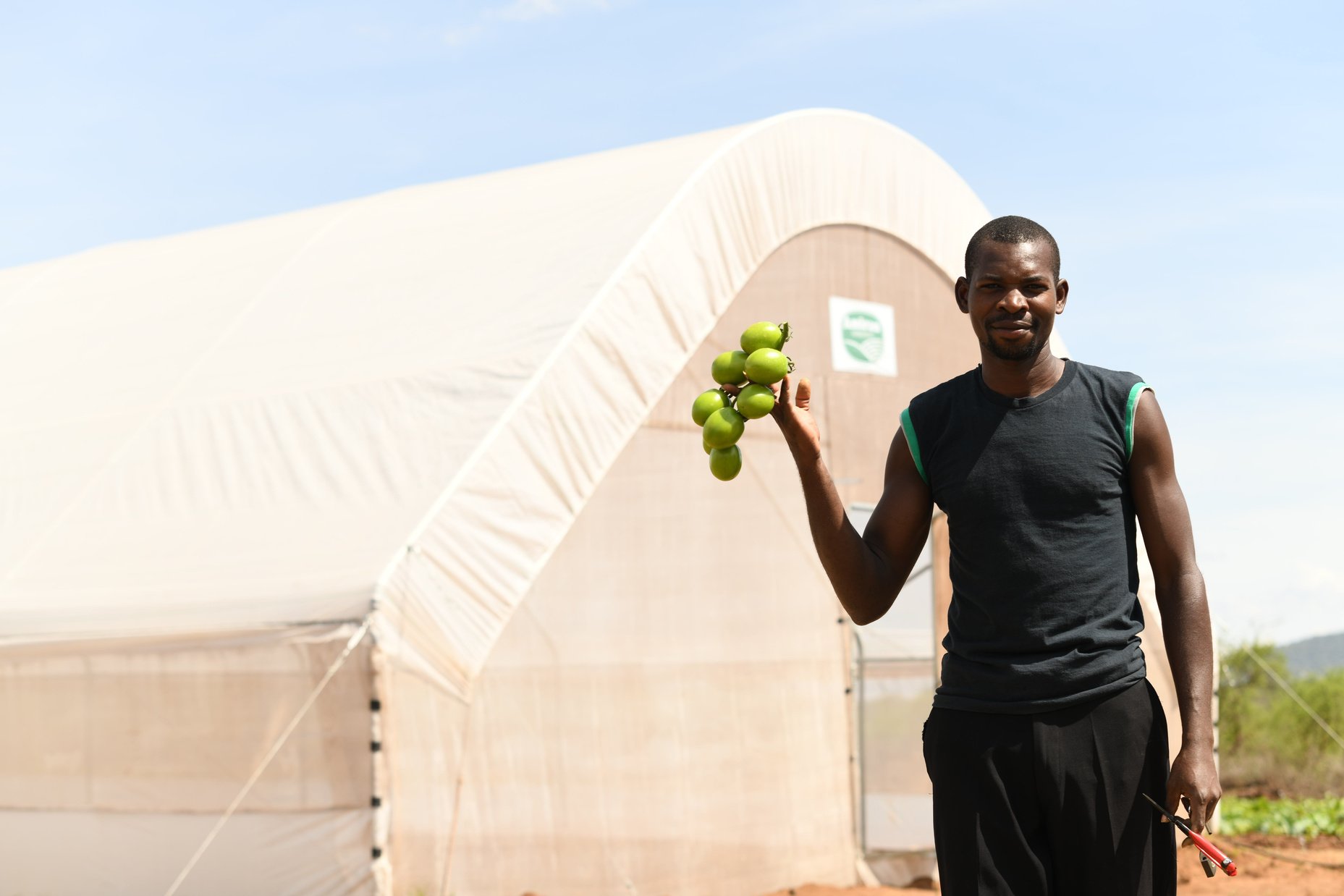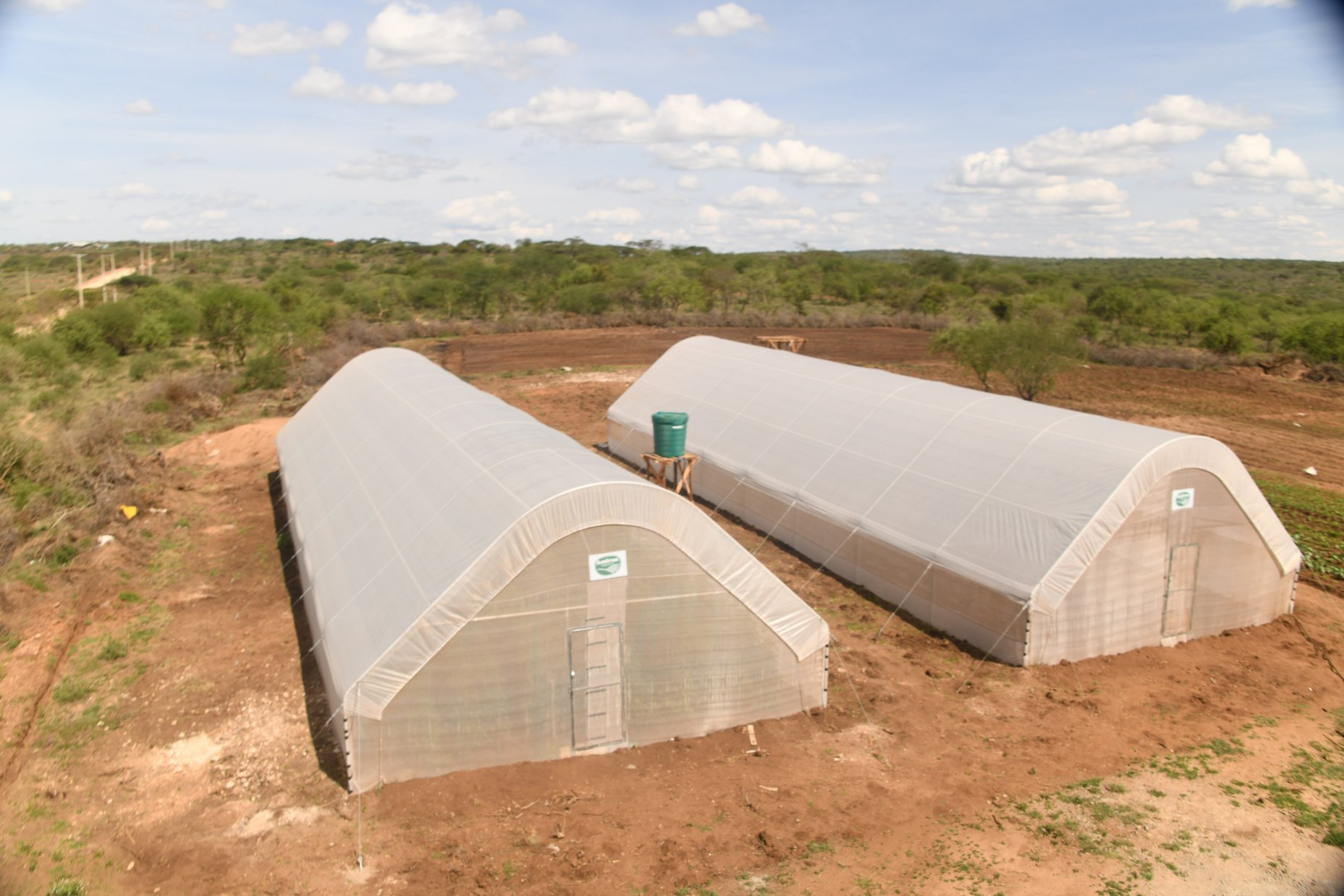
$10719.81 Raised of $10,720 Goal
Greenhouse at Mother Esther
Thank you to all our donors, we have met our fundraising goal.
Targeting: Food Security, Quality Nutrition, Eradication of Early Childhood Marriage and FGM
Project Summary:
The project is a community-based project that consists of the purchase of 2 industrial greenhouses, fertilizer, seeds and salary for a farmhand to attend the greenhouses.
Number of Children Impacted: 120 Girls
Impact
Short term:
- The main objective of this project is to provide a renewable source of fresh produce into the girls' diets, eliminating food costs for the Centre. The fresh produce will improve the nutrition/diet for the children and any surplus to be sold in the surrounding community in general. The project will also allow community members to participate in training to facilitate the embrace of crop farming as a way to promote food security.
Long term:
- Further education is needed within the community in order to eradicate the harmful practices of early child marriage and FGM. Buy supporting the growth of the shelter, the community is sending a strong message to those entrenched in harmful practices: they must be stopped and there will no longer be a place for them in the community.
Partner Background:
Mother Esther girls boarding and rescue center is located in Kajiado County which is one of the homes to the Maasai community in Kenya. Kajiado county is located in the Rift Valley in the southern part of Kenya. The center was started in late December 2015, not as a planned project but out of an emergency need within the community. A youth seminar was held to discuss the importance of education for children, particularly girls, as well as discuss the harmful effects of FGM and early marriage. The seminar started an important conversation within the community. During the month of December, which is the time girls are supposed to be circumcised and married off, several girls, accompanied by their mothers, sought refuge in the local church to hide from the planned marriages and FGM. By Early January 2016, the sanctuary was housing 26 young girls together with their mothers. Mothers also sought refuge as in the community, when the girls refuse "the cut" mothers are blamed and are often beaten and banished from their marital homes, and sent back to their parents to become outcasts.
Partner Voices
Our partnership with Kitechild and their role in helping us start the Shamba (Kenyan for farm) and dairy farm has eliminated expenditure for vegetables and milk improving the children's nutrition and health greatly. The water borehole, the vegetables and the milk has also brought the community closer to us, as they come to get water and buy milk and vegtables. We are now coexisting well.
Wasilwa Lusweti, Watoto Wema Director
Kitechild doesn't give us handouts or tokens, they give us VALUE. They provided us with the seeds and funding to build two greenhouses and today we have greenhouses full of green tomatoes and are expanding the farm to grow onions and potatoes outside in the open air. This is never heard of before in Masai land, growing one's own food, but with their help we did it.
